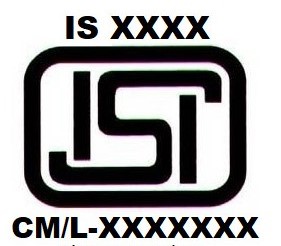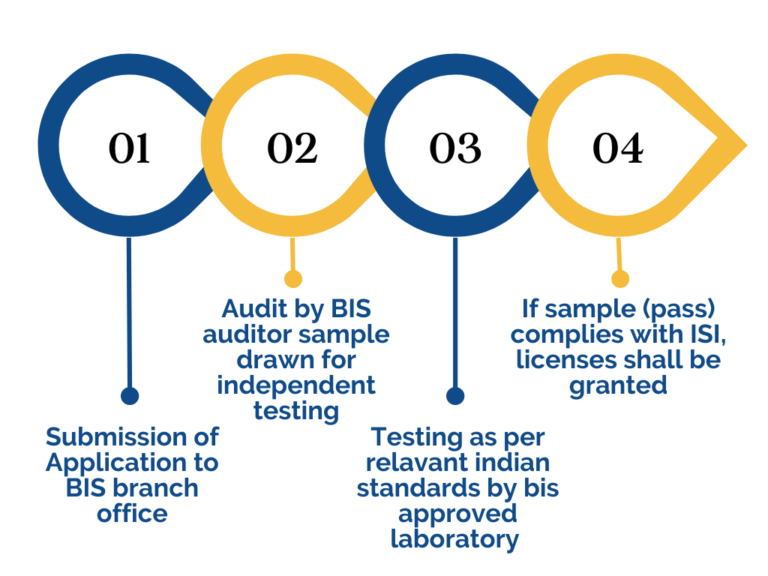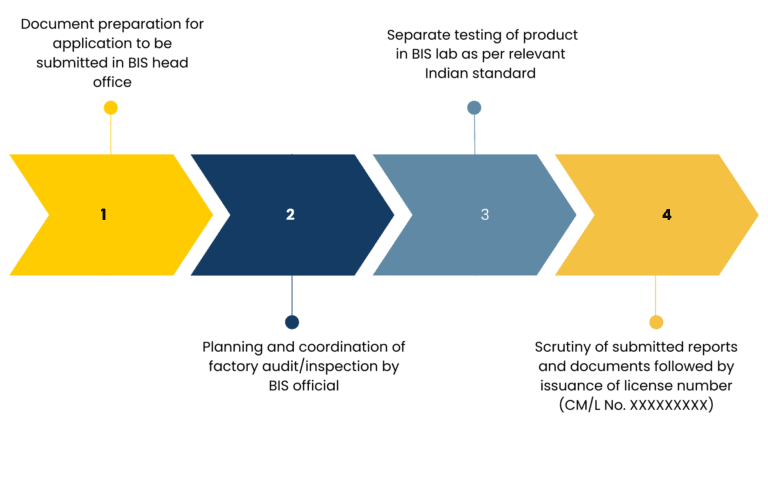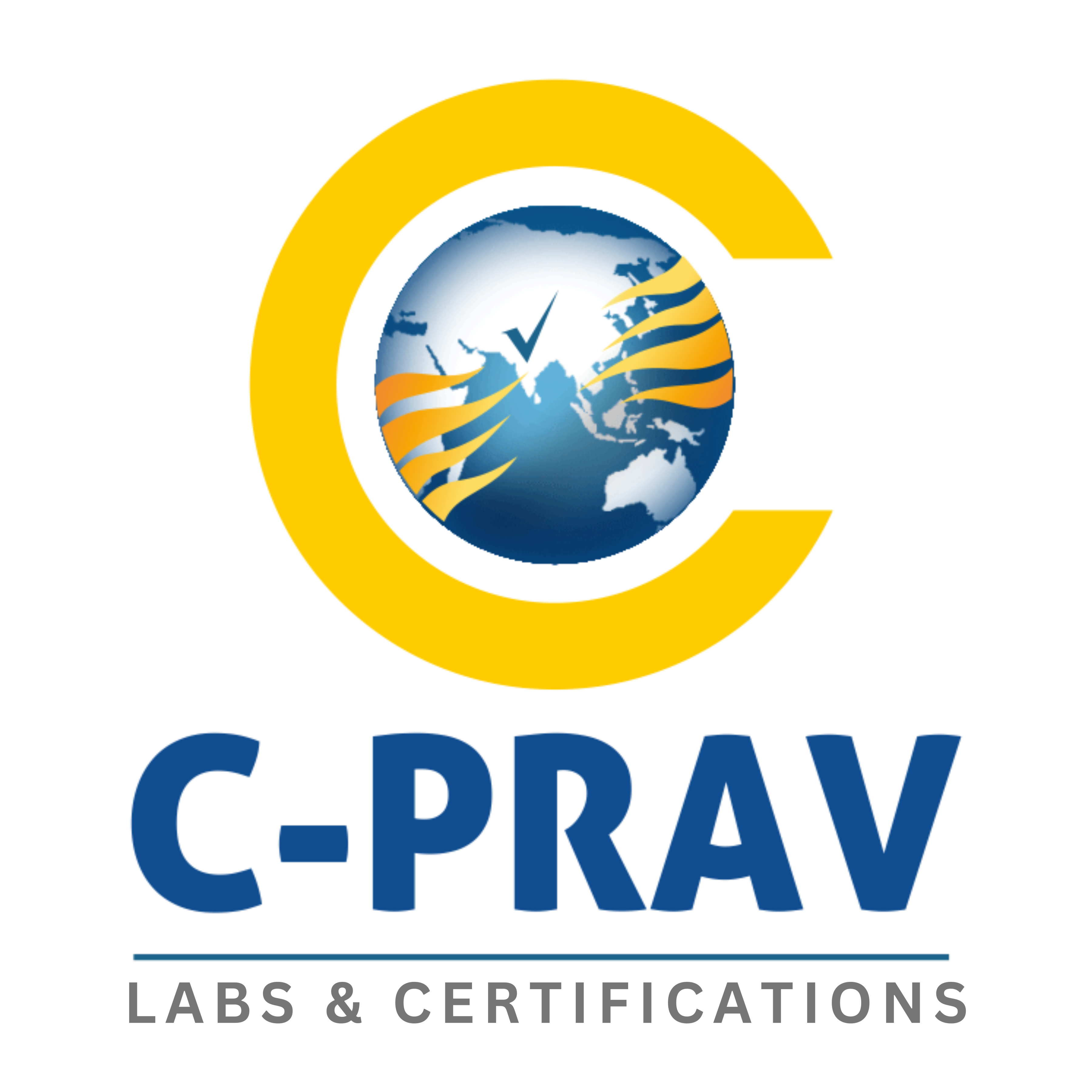ISI Certification Scheme
Discover the World of ISI Certification Scheme: Simplifying Procedures for Manufacturers, Foreign and Domestic
Ensure Indian market access with Our ISI Certification Services

An Introduction To ISI Certification Scheme
BIS carries out various certification schemes, out of all those schemes, the ISI mark registration is one of the oldest and most trusted schemes. ISI scheme(scheme I of Schedule II) enables to do manufacturer, Importer/and do sales of product that fall under ISI-scheme.
Industrial and domestic product categories are the dominant categories under this scheme. The scheme is mandatory as well as voluntary in nature for product categories.
Who can apply?
The ISI certification scheme is specifically tailored for foreign manufacturers, catering to their unique product requirements.
However, the certification also extends its applicability to domestic manufacturers, ensuring a comprehensive coverage across different production sectors. It is important to note that the applicants for the ISI scheme are the firms, manufacturers, or factories engaged in the production of the products, regardless of their origin
The ISI certification scheme primarily targets overseas or foreign manufacturers, while also encompassing domestic manufacturers who are engaged in the production of the relevant products and seek to obtain the ISI license.
Product certification scheme For Domestic Manufactures
The scheme aims to grant ISI license to domestic/local manufacturers situated in India in order to bear BIS standard mark on their products.
Process

The procedure is similar to “Normal procedure” except the fact that manufacturer has to upload the test report of the product from a third-party lab along with other requisite document while filing the application in portal and BIS allots a temporary ISI license number to the manufacturer after successful audit/inspection of the factory.
Timeline for certification: 30-50 days once application is submitted
Related Services
Click here to know about the Bureau Of Indian Standard (BIS)
Click here to know about the Telecommunication Engineering Centre(TEC)
Click here to know about the Wireless Planning & Coordination (WPC)
Click here to know everything about ISI Certification Scheme
Click here to know everything about Bureau Of Energy Efficiency (BEE)
Click here to know everything about E-Waste Management
Click here to know everything about Automotive Industry Standards (AIS)
Click here to know everything about Legal Metrology
Click here to know everything about MNRE
Click here to know everything about ATEX/PESO
Other Countries
Click here to know about the Approval Process for the Canadian Market
Click here to know about the SRCC certifications
Click here to know everything about CE Marking
Click here to know everything about E Mark
Click here to know everything about Type Approval for Fiji
Click here to know everything about Type Approval for Hong Kong
Click here to know everything about India Approvals
Click here to know everything about PSE Mark
Click here to know everything about MIC Certificate
Click here to know everything about Type Approval for Malaysia
Click here to know everything about Type Approval for Russia
Click here to know everything about Type Approval for Saudi Arabia
Click here to know everything about Type Approval for South Africa
Click here to know everything about Type Approval for Singapore
Click here to know everything about Type Approval for South America
Click here to know everything about Type Approval for South Korea
Click here to know everything about NCC Certificate
Click here to know everything about BSMI Mark
Click here to know everything about Type Approval for USA
Foreign manufacturer certification scheme (FMCS)
BIS has been operating FMCS (Foreign Manufacturer Certification Scheme) for foreign manufacturers since 2000.
The aim of this scheme is to provide third-party guarantee, quality, safety and reliability of products to the end customer. Post successful completion of registration, manufacturers will be able to paste the ISI standard Mark on their registered products at the time of import.
Foreign manufacturer certification scheme (FMCS) Procedure
The scheme aims to grant ISI license to domestic/local manufacturers situated in India in order to bear BIS standard mark on their products.
Process

Following is the link of product categories covered under mandatory ISI scheme: http://lnkiy.in/ISIscheme
Timeline for certification: 5-6 months after hardcopy submission of documents in BIS
Company Strengths at a glance
Why C-PRAV?


C-PRAV As Your AIR
C-PRAV has vast experience both on the technical qualification and experience in handling projects for ISI Certification. Our professional team will assist you with the parameters listed on the left
Comprehensive Support
Our team is well versed with the procedure, products and standards for ISI scheme to go through this scheme hassle free. Our direct engagement with people from the field also help us to achieve our client’s requirement and enquiry.
Expert Guidance
Our technical team are well updated with the standards till date covered in BIS and the subsequent product being impacted.
We also have our partner across the globe by whom we have a good hand on global standards and compliance requirement as well.
For ISI scheme, our team would be an apt support system who could help manufacturers in the areas listed to the left
On-Going Support
Co-ordinate/draft clarification reply to BIS to address queries raised by BIS, from time to time.
Support any additional miscellaneous/incidental works like customs clearance of samples, etc throughout the approval process.
We Solve Real Problems
Some of the BIS Standard
CISPR 32 - Electromagnetic compatibility of multimedia equipment - Emission requirements
CISPR 32:2015+A1:2019 applies to multimedia equipment (MME) as defined in 3.1.24 and having a rated r.m.s. AC or DC supply voltage not exceeding 600 V. This publication covers two classes of MME (Class A and Class B).
CISPR 14 - Requirements for household appliances, electric tools and similar apparatus
CISPR 14-1:2020 specifies the requirements that apply to the emission of radio-frequency disturbances in the frequency range 9 kHz to 400 GHz from appliances, electric tools and similar apparatus as defined below, whether powered by AC or DC (including a battery).
CISPR 11 - Industrial, scientific and medical equipment
CISPR 11:2024 applies to industrial, scientific and medical electrical equipment operating in the frequency range 0 Hz to 400 GHz and to domestic and similar appliances designed to generate and/or use locally radio-frequency energy. This document covers emission requirements related to radio-frequency (RF) disturbances in the frequency range of 9 kHz to 400 GHz.


